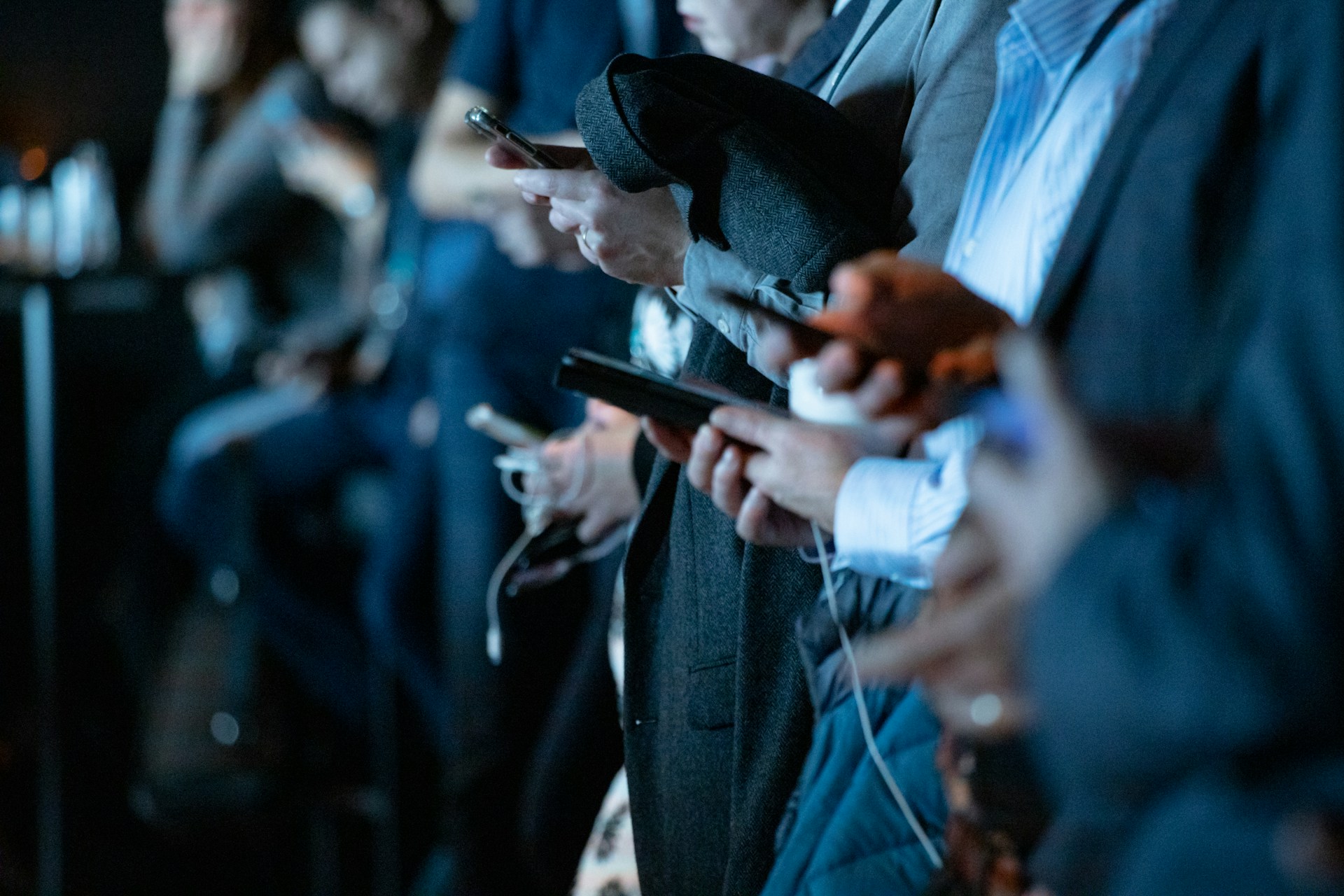Did you grow up in a world void of social media platforms? Then, you’re probably the last ‘lucky’ generation. A part of Generation Y and most of Generation Z have been raised alongside the internet and social media. Individuals belonging to the latter have practically been raised by such platforms, as they interact with strangers and share real-time life updates. Decades ago, such a practice would be considered unthinkable, let alone achievable.
Did you know that 5.07 billion people are on social media as of 2024? That amounts to 62.6% of the worldwide population! This is not bad unless social media interferes with daily life and mental health.
Usually, there is no escaping the ill effects of these platforms. In this article, we will discuss four ways in which the human psyche is affected by social networks like Instagram, Facebook, and TikTok.
Addiction
Suppose you post a collection of carefully chosen pictures of a recent trip to the Bahamas. What’s the outcome you’re generally anticipating? People’s likes, compliments in the form of comments, or reposts for greater outreach?
Regardless, we’re sure your mind is bound to linger on the recent post. You may even feel the steady urge to check notifications for any new activity. The truth is that social media activates the brain’s reward system by releasing feel-good chemicals or dopamine.
Every post or personal message can trigger the need for greater access to dopamine. This process is similar to any other addiction. You will require greater stimulation each time to draw the same level of fulfillment. It is no surprise that 210 million people were found to suffer from social media addiction.
Now, the human psyche is wired in a way that any type of addiction sets off the danger-sensing circuits. In other words, social media overuse will naturally generate feelings of anxiety and a loss of control. It is only a matter of time before this turns into a vicious cycle the individual cannot stop.
Loneliness and Isolation
Designed to be social beings, humans can barely stand being alone or separated from others for extended periods. This remains true even in the case of self-proclaimed introverts. The human psyche experiences acute stress under isolated conditions, which only contribute further to feelings of loneliness and withdrawal.
So, how does social media lead to loneliness since it was created to forge bonds and a sense of belonging? Let’s look at the different ways in detail:
- Social media limits in-person interactions, which are the key to building solid relationships. Virtual conversations only generate a sense of being disconnected.
- These platforms usually highlight the best aspects of others’ lives, thereby making one feel that they’re missing out.
- Since the algorithms are designed to showcase the latest trending content, users may find themselves passively scrolling for hours. They may become increasingly disconnected from friends and family in real life in pursuit of a social media high.
Poor Self-Esteem
Given the motivations behind social media usage today, it is difficult to remember that social media was started to connect and share life with loved ones. Earlier, people clicked and shared photos to create memories.
Today, the table has flipped entirely on its head. In other words, social media platforms are becoming distressing spots where people gather to secretly compare each others’ lives. The natural fallout of this is poor self-esteem and depression.
Studies have even found that teenagers who quit social media showed signs of higher self-esteem than those hooked onto such platforms. One platform that has been bashed the most in this regard is Instagram. It is considered to be the worst social media channel from the viewpoint of mental health, especially for teens.
Parents have even filed an Instagram lawsuit against the platform and its parent company, Meta. It has been alleged that the channel is purposely designed to be addictive. Unsuspecting teens have inevitably paid a heavy price in the form of anxiety, poor body image, depression, and more.
According to TorHoerman Law, some cases are so alarming that the youth have developed eating disorders or body dysmorphia. Is it difficult to absorb that a social network can wreak such havoc? That is the sad world we currently live in!
Sleep Deprivation
Sound sleep for at least seven to eight hours each night is vital for the human psyche. It enhances brain function, maintains emotional stability, and improves physical health. Unfortunately, social media platforms scarcely allow users to enjoy deep sleep.
Some ways this can happen include –
- The bright blue screen of electronic devices slows down melatonin production (responsible for regulating day and night cycles). The effects are especially harmful when phones are excessively used in the evening hours.
- The platforms act as a rabbit hole where time may seem displaced. Users tend to spend hours mindlessly scrolling only to realize they wasted time.
- The craving for new activity keeps the brain in a state of constant arousal. This is precisely why sleep may seem elusive.
Considering all the ill effects we just discussed, limited social media usage is imperative for good mental and physical health. Our young people or adolescents seem to be the most severely affected. Over 50% of US teens even confessed to finding it difficult to quit such platforms.
Thankfully, many are choosing the path of a digital detox to purge negative emotions and life patterns. Parents and guardians must help their children to overcome an addiction, ideally using professional support.
Keep in mind that it is not merely a phase that will pass away. The negative effects of social media on the psyche are painfully real and need immediate attention.


